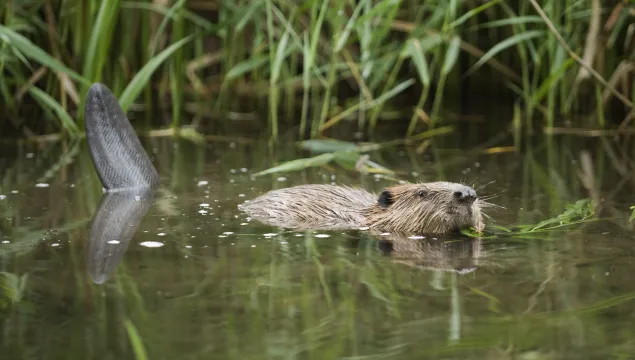
A morning at Ham Fen
Learn about wilding and how keystone species have been restoring Kent's last remaining Fen.

Learn about wilding and how keystone species have been restoring Kent's last remaining Fen.
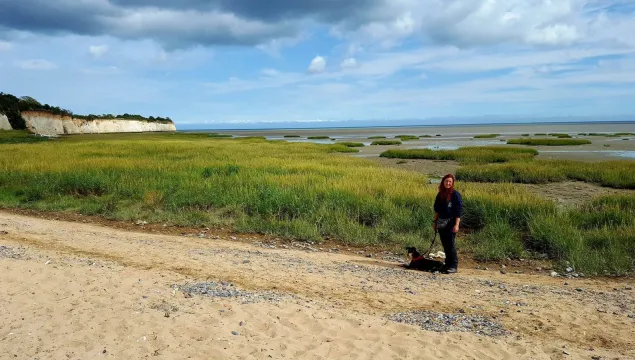
Although dog-walking may seem like an innocent pastime, it can have an impact on wildlife. We understand the importance of striking a balance between enjoyable dog-walking and protecting wildlife so visit this page to find out how you can help!
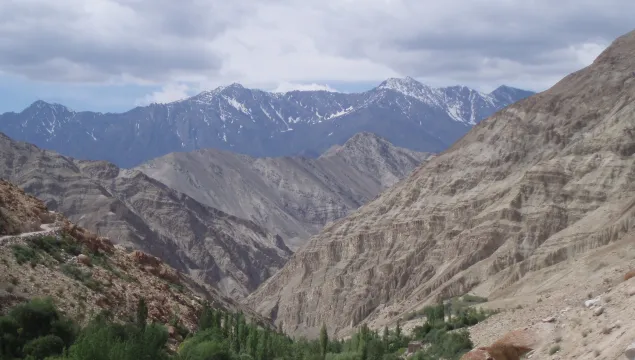
Investigate rocks and minerals and learn about fossils and plate tectonics
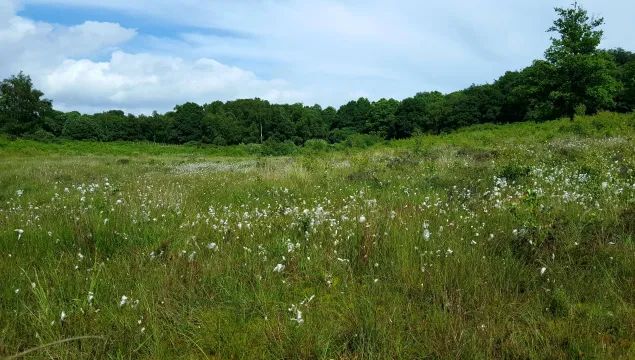
An online training day on the UK Habitat Classification, a new comprehensive classification system for vegetation habitats used in conservation and land management
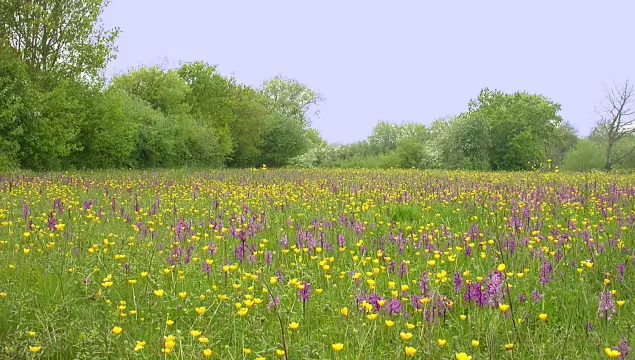
An online training day on the UK Habitat Classification, a new comprehensive classification system for vegetation habitats used in conservation and land management
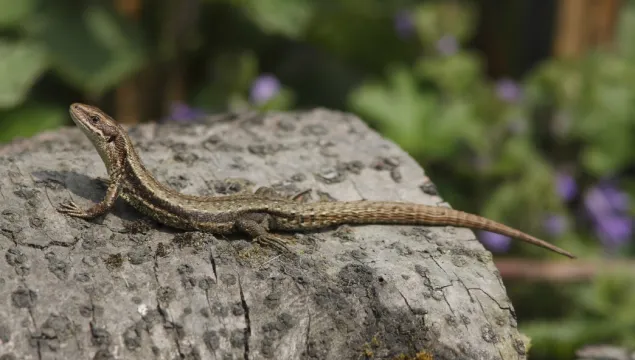
Identify and learn about reptiles. Then search for them in a nature reserve nearby
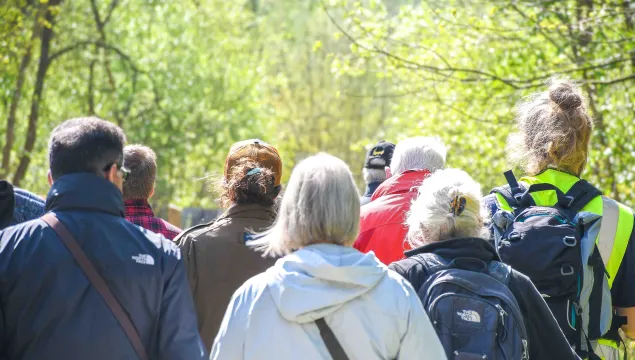
If you'd like to receive regular updates on all of the exciting events with Kent Wildlife Trust, please subscribe to our Events newsletter below!
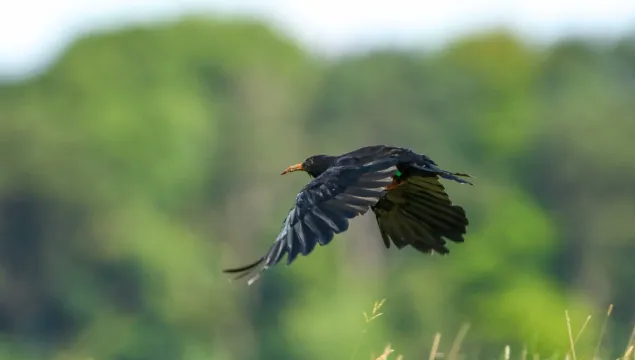
A total of nineteen red-billed chough have now released into the wild as part of a groundbreaking conservation project to return the at-risk species to Kent.

Advocacy Manager
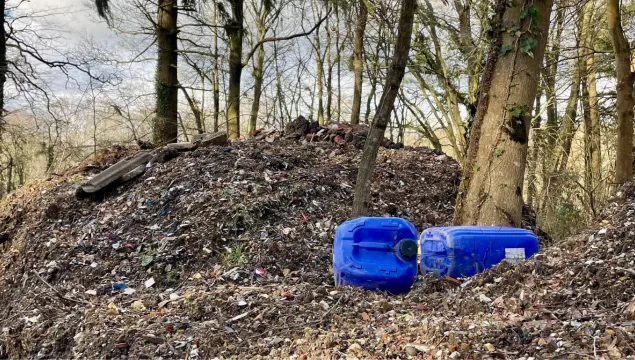
Senior Press and Advocacy Officer Sally Smith shines a spotlight on some of the woodlands at risk in the county and what Kent Wildlife Trust is doing about it.
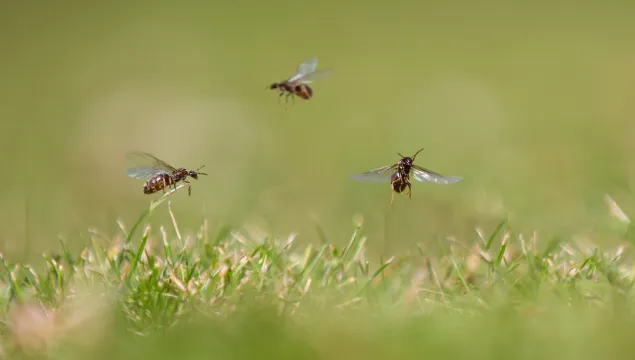
The end of summer saw the conclusion of this year’s national insect survey, Bugs Matter, on 30 September.
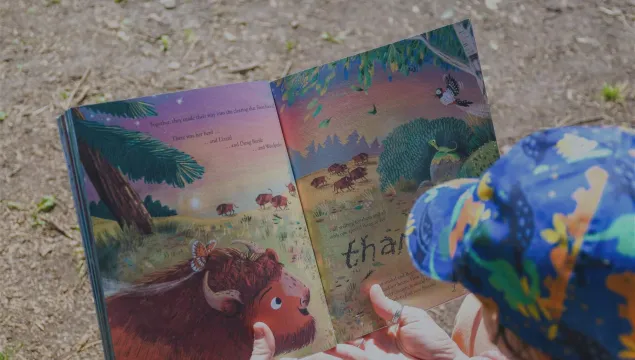
Check out our list of ten brilliant nature-themed books for children, all sorted by recommended reading age for ease of browsing!